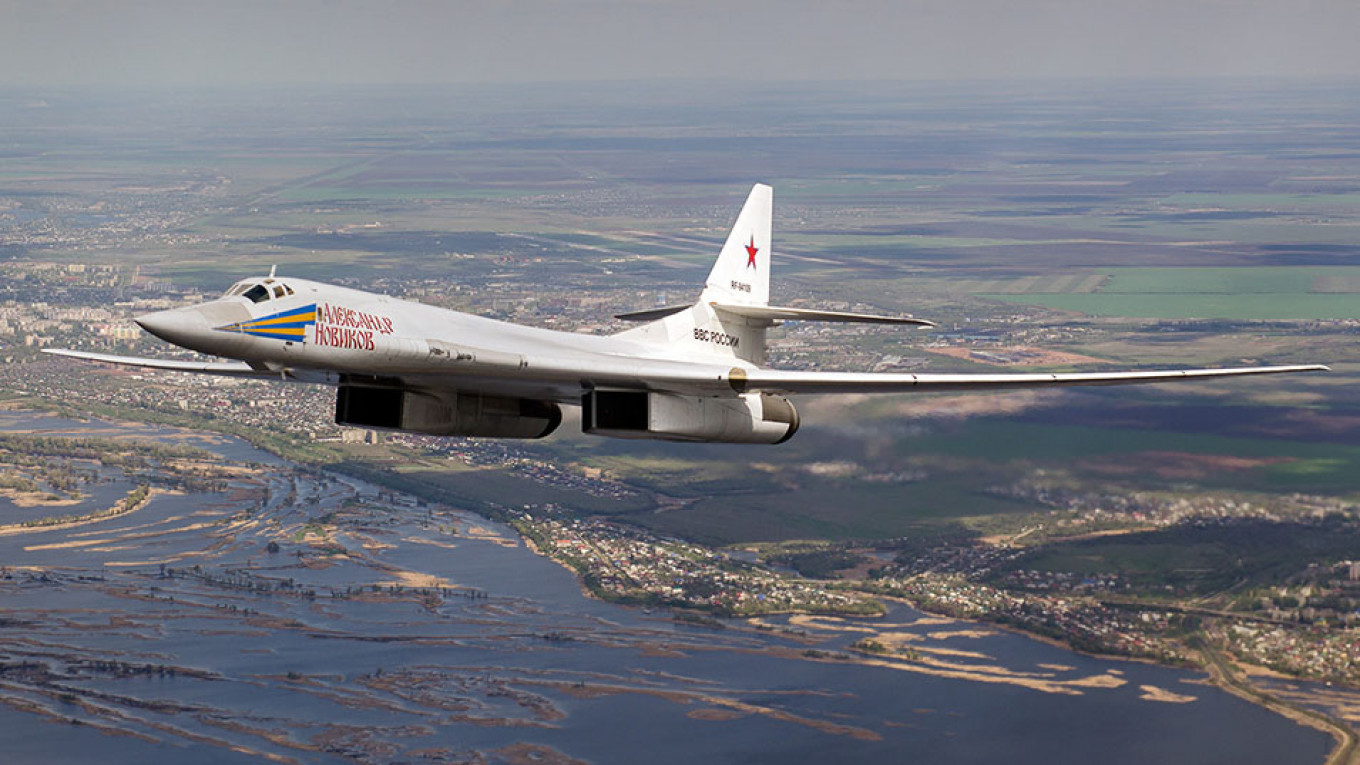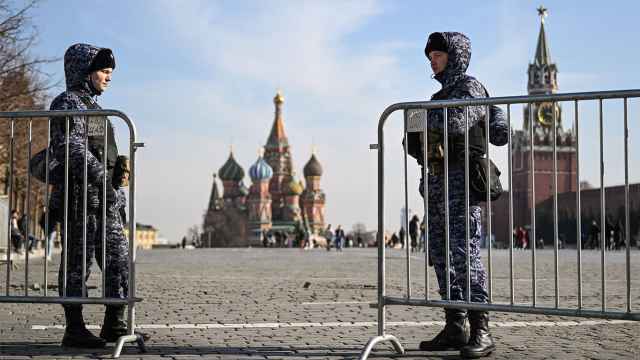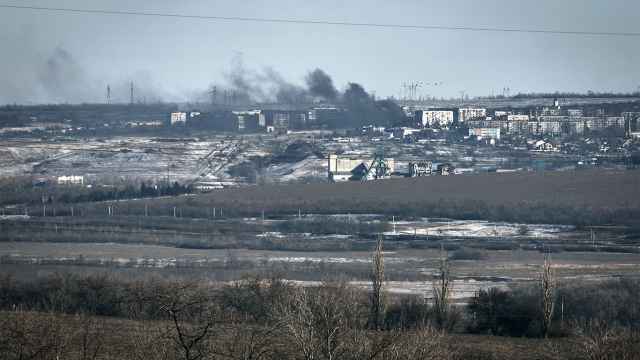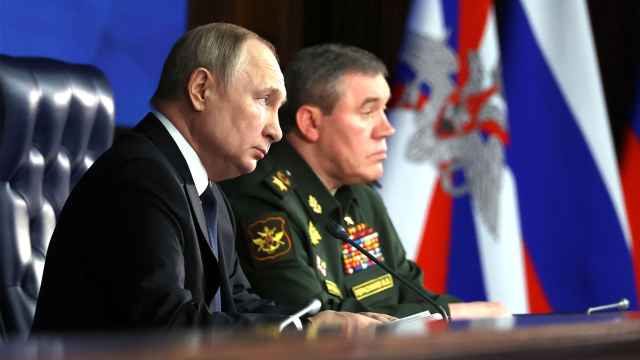Russia has relocated dozens of its strategic bombers to more remote airbases across the country in the wake of this month's sweeping Ukrainian drone assault on Moscow's military aircraft, satellite imagery suggests.
Ukrainian security services conducted a massive drone attack against Russian military airbases on June 1, striking thousands of kilometers from the front line in what President Volodymyr Zelensky said was their longest-range operation ever. The attack, named "Operation Spider's Web," targeted multiple airbases deep inside Russia, including in the Murmansk, Irkutsk, Ryazan and Ivanovo regions.
Satellite imagery analyzed by the OSINT research group AviVector shows that all Tu-160 bombers previously stationed at the Belaya airbase in Irkutsk and the Olenya airbase in Murmansk had vacated their positions by early June.
Two of those bombers were redeployed to Anadyr in the Chukotka region, three to Yelizovo in the Kamchatka region and another three to the Borisoglebskoye airbase in the republic of Tatarstan.
Tu-22M3 and Tu-95MS aircraft were also relocated from Murmansk to bases in Tatarstan and the Amur and Saratov regions, as well as to Mozdok in the republic of North Ossetia — a facility that had not been actively used by the Russian military in recent years.
According to U.S. officials cited by The New York Times, Ukraine's June 1 strikes destroyed at least six Tu-95 strategic bombers, four Tu-22M aircraft and several A-50 airborne early warning planes.
Ukrainian sources put the total number of destroyed or damaged Russian Aerospace Forces aircraft at 41, a figure later confirmed by a senior NATO official to The Moscow Times.
Justin Bronk, an aviation expert at the RUSI think tank in London, said the imagery from the Anadyr base could suggest that Moscow seeks to reduce the risk of more drone attacks.
Russia will likely move its bombers between bases more frequently following the success of the Ukrainian strikes, Greg Bagwell, a former senior commander of the British Royal Air Force, told Newsweek.
While Western officials believe Russia may be preparing a broader retaliatory strike against Kyiv, its immediate response has consisted of intensified missile and drone attacks across Ukraine.
A Message from The Moscow Times:
Dear readers,
We are facing unprecedented challenges. Russia's Prosecutor General's Office has designated The Moscow Times as an "undesirable" organization, criminalizing our work and putting our staff at risk of prosecution. This follows our earlier unjust labeling as a "foreign agent."
These actions are direct attempts to silence independent journalism in Russia. The authorities claim our work "discredits the decisions of the Russian leadership." We see things differently: we strive to provide accurate, unbiased reporting on Russia.
We, the journalists of The Moscow Times, refuse to be silenced. But to continue our work, we need your help.
Your support, no matter how small, makes a world of difference. If you can, please support us monthly starting from just $2. It's quick to set up, and every contribution makes a significant impact.
By supporting The Moscow Times, you're defending open, independent journalism in the face of repression. Thank you for standing with us.
Remind me later.






